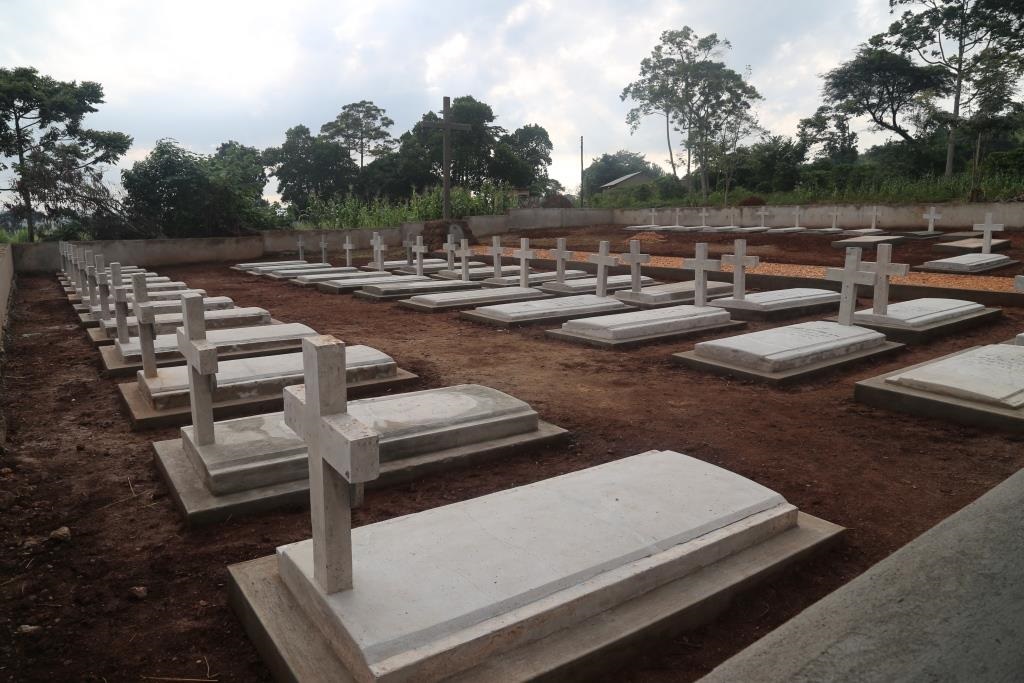The renovation of Polish necropolis in Africa – the Cemetery of Polish Refugees in Masindi, in Uganda, has been completed. The conservation and renovation work on the cemetery was financed by funds from the Ministry of Culture and National Heritage as part of the ‘Places of National Remembrance Abroad’ programme.
The cemetery contains 44 graves of Poles deported after the outbreak of World War II deep into the USSR, who as a result of an agreement between the Polish government in London and the USSR authorities, managed to leave their place of exile and arrived at the camp in Masindi, Uganda, established in 1942.
The renovation work was carried out by the Centre for the Documentation of Exiles, Expulsions and Displacements of the Pedagogical University of Krakow in cooperation with the “Pro Universitatis” Foundation and the Polish Embassy in Nairobi. The damaged and cracked tombstones were cleaned, encased, restored and secured.
Thanks to the author’s 2009 documentation, it was possible to restore the names on 8 graves recently robbed of their name plates. It was also possible to recover the stolen Polish eagle from the main monument. Professional architectural documentation of the Polish church was carried out, which will also be used for its future renovation.
Transports with Polish refugees arrived in East and Southern Africa in 1942-43 from Iran. A total of nearly 20,000 Poles lived in 22 settlements in Uganda, Tanzania, Kenya, Zambia, Zimbabwe and South Africa between 1942 and 1952, most in Tengeru in Tanzania (then Tanganyika), Masindi and Koja in Uganda.
The Polish settlement in Masindi was home to more than 3,500 Poles. It had a hospital with a pharmacy, three primary schools, kindergartens, a general secondary school and a female vocational secondary school. There were also craft workshops, a bakery, two brickyards, a power station and a pump station. Scouting, day care centres and a theatre were organised there. Residents of the settlement built a church, which is still in operation today, with a cemetery nearby.
Arkadiusz Słomczyński





